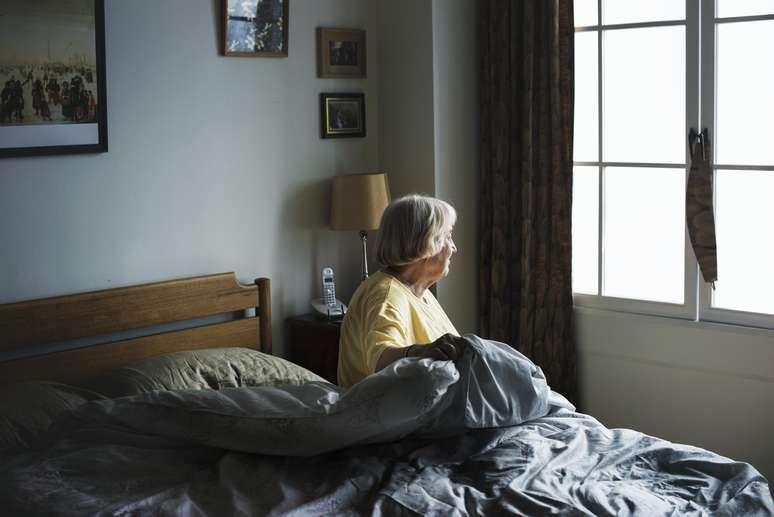The geriatrician explains the warning signs and safe options to preserve the well-being and autonomy of people in old age.
For many elderly people, living independently represents an achievement and a symbol of freedom. However, as time passes, some signs are starting to indicate that this autonomy could become a risk.
Signs such as frequent falls, disorganization in the home and recurring forgetfulness, such as leaving the stove on or forgetting to lock doors, warn that the older person may need more support to ensure their safety and well-being.
In conversation with the Earth you, the geriatric doctor at Health at home, Simone de Paula Pessoa Lima explains that health conditions and physical difficulties, such as memory loss and limited mobility, are among the main factors that influence the decision to move an elderly person into assisted living.
“When forgetfulness compromises essential activities such as the correct use of medications, or falls become a recurrent event, it is essential to consider additional support to avoid greater risks,” explains the geriatrician.
It emphasizes that this decision must be made together with the elderly person, their family and healthcare professionals, always giving priority to the person’s safety and quality of life.
Determining whether the need for help is only temporary or permanent is a common question for families. Situations such as a recent hospitalization or bereavement may require temporary supervision, but, according to the doctor, if signs of addiction last for months and show worsening, this could indicate a more lasting change.
An evaluation by a professional can help to better understand the elderly person’s condition, identifying whether the difficulties tend to stabilize or progress.
There are housing alternatives that offer a balance between support and independence, such as assisted living, where the elderly person has supervision in daily activities, but maintains autonomy in activities that he or she can carry out alone.
Other options include senior communities, which combine individual housing with healthcare support, and long-term care facilities with partial care, which adapt to the needs of older adults.
The doctor also highlights home care, an alternative in which “the patient can remain living in his own home, but will receive the necessary assistance from healthcare professionals, according to his requests and needs”.
How to deal with resistance?
Resistance to change is common among older adults who, despite signs of dependency, insist on living alone. In these cases it is important to adopt an empathetic approach. The geriatrician recommends “open and frequent conversations to clarify the risks” and involve the elderly person in decisions so that they feel they maintain a sense of control over the situation.
The gradual introduction of support, such as the presence of health professionals or adaptations in the home, can help acceptance. Psychological support is also precious because it helps the elderly person to positively understand their limits and to accept treatment more easily.
Source: Terra
Ben Stock is a lifestyle journalist and author at Gossipify. He writes about topics such as health, wellness, travel, food and home decor. He provides practical advice and inspiration to improve well-being, keeps readers up to date with latest lifestyle news and trends, known for his engaging writing style, in-depth analysis and unique perspectives.








